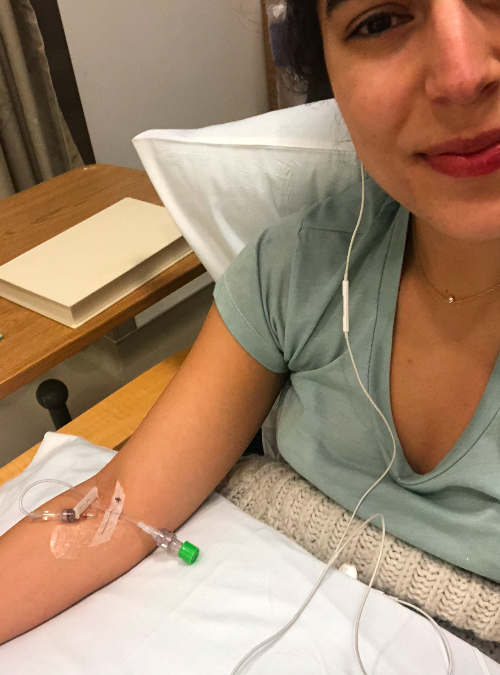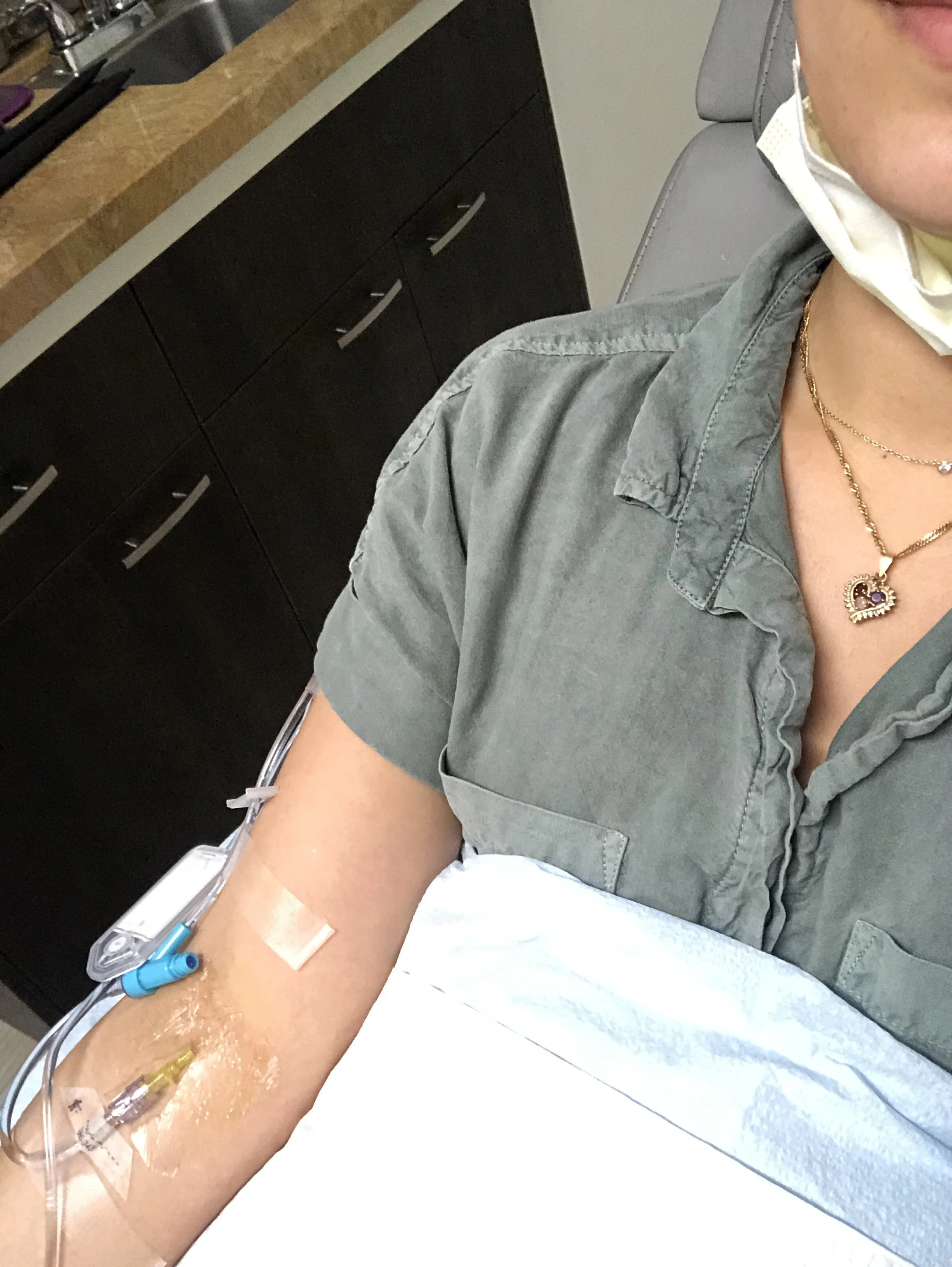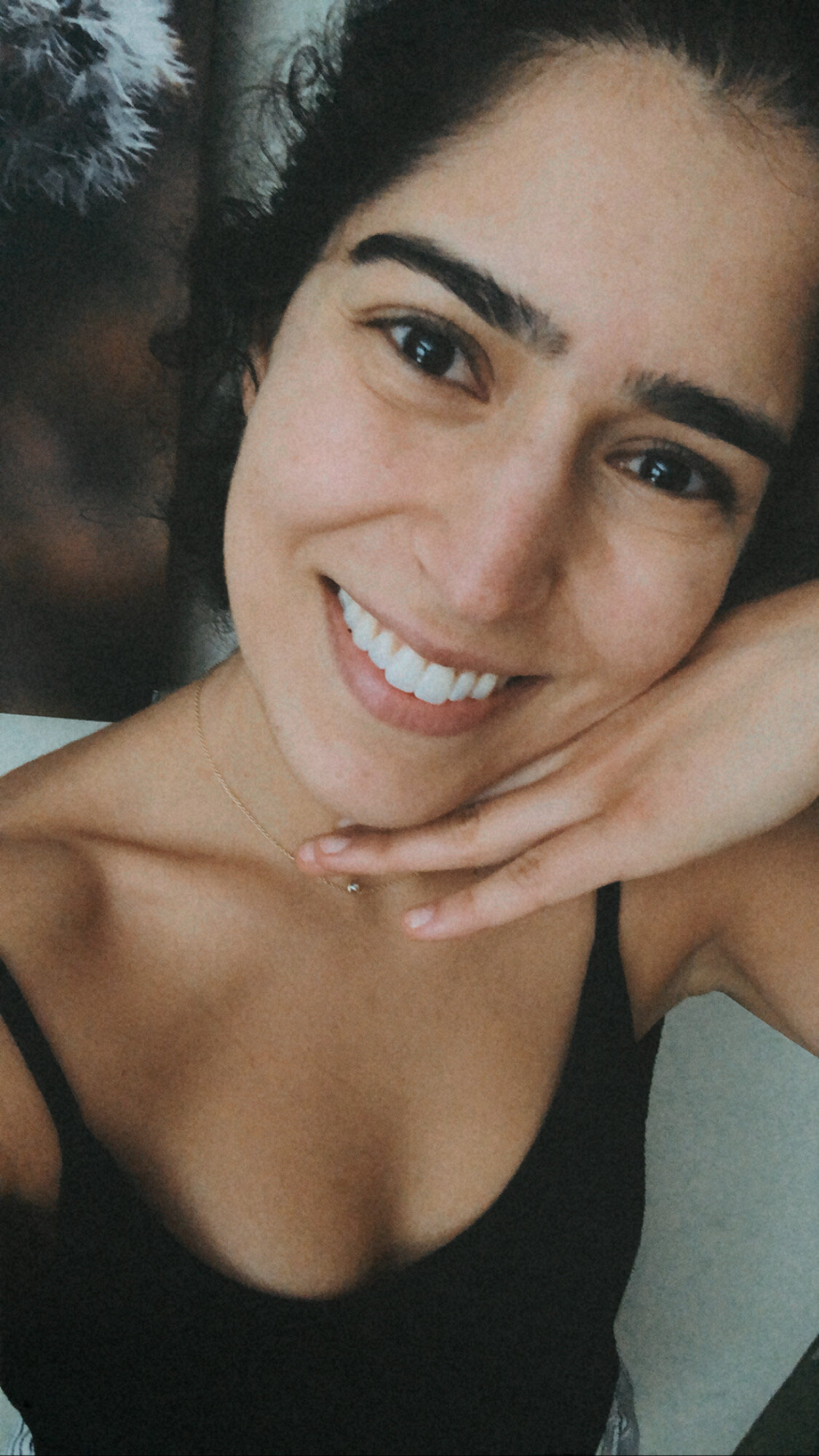Thyroid disease and dysfunction can affect the menstrual cycle and reproductive system through one big axis.
The Hypothalamus Pituitary Thyroid (HPT) and the Hypothalamic Pituitary Adrenal Axis (HPA) are intimately connected. And then there is the Hypothalamic Pituitary Gonadal (HPG) that is associated to ovaries in womxn.
So when one axis is stressed, it can stress the next, which can stress the next, and then you're caught in this cycle. This is why learning tools and modalities to support you during times of stress and help you to navigate through them is KEY to healing any chronic or inflammatory disorder - including the thyroid.
Thyroid dysfunction can effect the reproductive system by:
#1 Causing irregular periods or even loss of menses altogether
Hypothyroidism can increase frequency/heaviness of periods by:
o Increasing prolactin
o Decreasing progesterone
o Worsening PCOS
o Robbing body of energy for reproductive functions
Hyperthyroidism can result in lighter/shorter periods further apart, or even amenorrhea (absence of period)
#2 Infertility, trouble getting pregnant or miscarriage
Hypothyroidism interferes with ovulation by affecting prolactin.
#3 Pregnancy complications (thyroid disorders are the 2nd most common endocrine issue in pregnancy)
Thyroid disorders are the second most common endocrine issue in pregnancy
Usually with hypothyroidism:
Thyrotoxicosis: Extremely elevated thyroid levels with many serious effects, including spontaneous abortion, preeclampsia, low birth weight, stillbirth, and preterm delivery
Subclinical hypothyroidism
Hyperthyroidism is associated with preeclampsia, fetal loss, low birth weight, and heart/blood vessel malformation
Thyroid changes are normal during pregnancy, but always refer clients to healthcare professional if you suspect possible complications
Look for symptoms like thyroid tenderness/swelling, heat/cold intolerance, and thin, yellowish skin (especially around eyes)
#4 Postpartum thyroiditis (which affects 5-8% of women)
Usually begins 1-8 months postpartum and resolves within 6 months
Early symptoms might be confused with typical postpartum symptoms
Autoimmune disease caused by combination of:
Stress of pregnancy, birth, and postpartum period
Stress, poor diet, toxins, EMF exposure, leaky gut, too much sugar, infection, gluten intolerance
The typical phase is Hypothyroid > Hyperthyroid > Resolution (though 20% stay in Hypothyroid)
How can you improve your thyroid and reproductive health?
Avoid radiation and EMF exposure as best as you can (read more about EMF and radiation HERE)
Eat a nutrient dense diet that includes grass fed meats, wild caught fish and organic fruits and vegetables
Drink and use filtered water and avoid using plastic containers or bottles to store water
Avoid sugar and instead opt for natural sweeteners like honey, maple syrup, agave and monk fruit sweetener
Eliminate gluten
Include fermented foods and/or probiotics in daily diet
Increase fiber intake
Consider supplementing with B-complex to aid estrogen dominance (check with your doctor or healthcare professional before adding any supplements to your regimen)
Explore possible non-hormonal birth control options, if possible
Limit alcohol
Find ways to limit stress
Creating grounding morning routine & relaxing bedtime routine
Deep breathing exercises
Epsom salt baths, using essential oils
Journaling
Meditation practice
Prayer
Reading fiction
Quality time with friends
Seek the support of a professional (therapist or coach)
Walking barefoot on the earth or beach
Yoga, especially Yin Yoga




